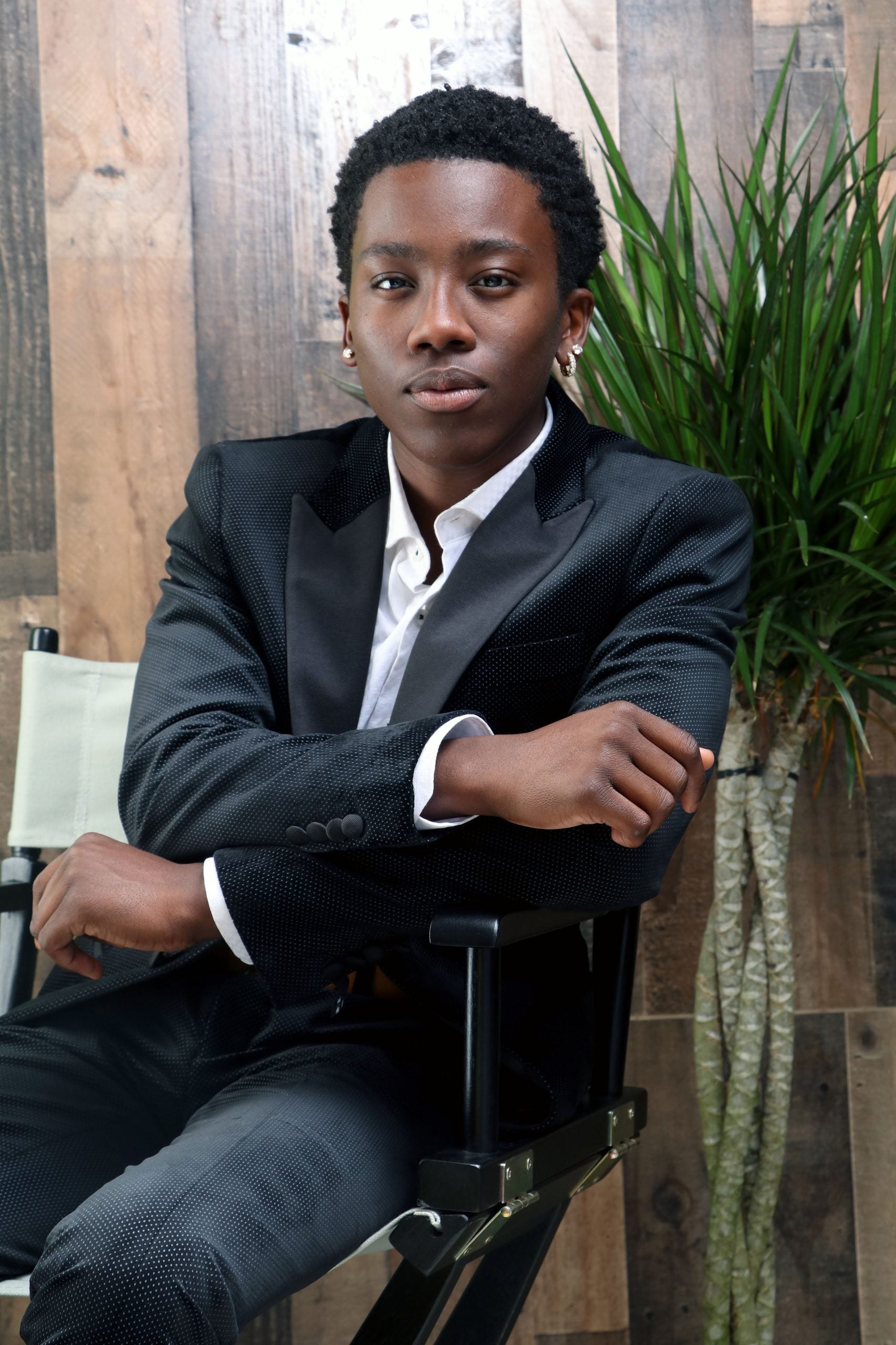
As social media evolves, celebrities have quickly become highly influential people not just because of the attention their high-stakes careers put on them, but also because they have used their social media platforms as a tool to reach wider audiences. Some use those platforms to cast a light on important health issues, like sickle cell disease.
Long before the Twitters, TikToks and Instagrams of the world, we saw stars like Prodigy, one-half of the Hip-Hop duo Mobb Deep, and T-Boz, a member of the iconic girl group TLC, openly speak about their battle with sickle cell disease. In the years since, celebrities have become untapped agents of positive change because they have influence on the knowledge we retain, the attitudes we adopt, and the decisions we make, including those that affect our health. From discovery to diagnosis, a few burgeoning stars have chosen to speak up out about their experiences in hopes of inspiring, educating, and erasing the stigma of sickle cell disease (SCD).
Ramon Reed is one of them. He is an American actor who first garnered attention for his role as Young Simba in The Lion King on Broadway. He gained wider recognition when he became part of the cast of Disney Channel’s Just Roll With It in 2019 and the coming-of-age show 13:The Musical on Netflix in 2022.
“I was diagnosed with sickle cell, type SC, when I was two or three years old. My mother said that I cried a lot as a baby but at the time, they didn’t know I had sickle cell, they just thought I was a whiny baby. Later, we found out that I was probably having a pain crisis,” he says. “But from a young age, I never took into account that sickle cell could be a factor in whether or not I landed a role nor did I think that I could be a liability on a set or production because I’ve always been able to perform and do my job.”

Reed has been crisis-free for two years but is currently dealing with sickle cell retinopathy, a complication that occurs when sickle cells block blood flow in the small blood vessels, depriving the eye of oxygen and causing abnormal blood vessel growth and thinning of the retina. Patients see flashes, floaters, or dark shadows, which are indicative of vitreoretinal traction or detachment.
“The blood vessels in the back of my eyes are bursting and I’ve had three laser eye surgeries so far. It’s been a recent obstacle that I’ve had to face but the doctors have said they can prolong my eye sight. I had to snap back from feeling helpless because there are holistic approaches to treatment, which I’m exploring now,” he says. Despite the reality, Reed is encouraged and inspired to help other patients.
“People will let your disease limit you before you do, but I take pride in calling myself a sickle cell warrior,” he says. “My goal is to provide a sense of hope because I know I have such an influential platform.”
For Tevin Coleman, New York Jets running back, he does not have sickle cell disease, but he has been impacted by it. He raises awareness for his 5-year-old daughter, Nazaneen, who lives with the blood disorder.
“I experienced symptoms like dehydration and muscle cramping as a running back in college before learning I inherited the sickle cell trait. My wife, Akilah, also lives with sickle cell trait, so we were aware that sickle cell was a possibility when we were pregnant with our twins. Our daughter Nazaneen, Nazzy, was diagnosed with sickle cell shortly after birth,” he says.
For the Colemans, early and proactive intervention was vital in building a care team for their daughter. “We came to an understanding that this is a serious lifelong disease that has long-term complications so we had to advocate for the best care possible,” he says. “Online resources and networks like SickleCellSpeaks.com help people find support groups, advocacy networks, and medical specialists who can help manage the symptoms of the disease.”

The parents know how important it is to spread hope as they continue sharing their story, reminding families that they are not alone in their journey. Their goal is to help eliminate the misconceptions and stigmas surrounding sickle cell so patients, like their very own child, can get the care they need and learn to advocate for themselves.
Bethany Chasteen, registered nurse, actress, and globally represented fashion model who is signed to Fenton Model Management, has worked with international fashion houses and brands like Louis Vuitton, Chanel, L’Oréal, Adidas, Maybelline, Marc Jacobs, Victoria’s Secret and many more, solidifying her status as a sought-after face in the industry. She also has sickle cell disease.
“I was born with sickle cell, type SS, and first showed signs when I was only four years old. I had a splenectomy, which set forth a series of vaso-occlusive crises and a gallbladder removal from complications that later triggered a pulmonary embolism putting me in critical condition,” she says. “I am so grateful for my past because it deeply shaped my outlook on life and my daily pursuit of my aspirations.”
Chasteen is the founder of the Love Flaws Foundation, an organization that empowers individuals with scars, visible and invisible, through fashion and art. She believes that it is important to make known the ailments that many sickle cell warriors go through so understanding can be fostered for medical professionals and society as a whole.
“Most people don’t know or understand what sickle cell is. There are times when I am in pain and cannot go to work or do a modeling gig. Sharing my experiences about my condition with my clients has been beneficial at times because brands have been gravitating towards more relatable content in their marketing,” she says.
Chasteen admits that even though she grew up very shy, modeling put her in front of the camera and gave her the opportunity to embrace public speaking, and her disease, when questions about her scar from her splenectomy became the topic of conversation. “At first, I was so insecure because I was next to flawless women competing for the same job, but I wanted to show that there is beauty in flaws, especially in an industry that chases visual perfection,” she says. “So I started Love Flaws Inc dedicated to empowering individuals with flaws, invisible and visible, through fashion and art to transform the societal lens of beauty and strength.”
Chasteen adds, “I want to be an inspiration for patients who feel like they cannot dream big, travel, or explore their passions. I want those who see me in ads and campaigns to know that they can see themselves there and more.”